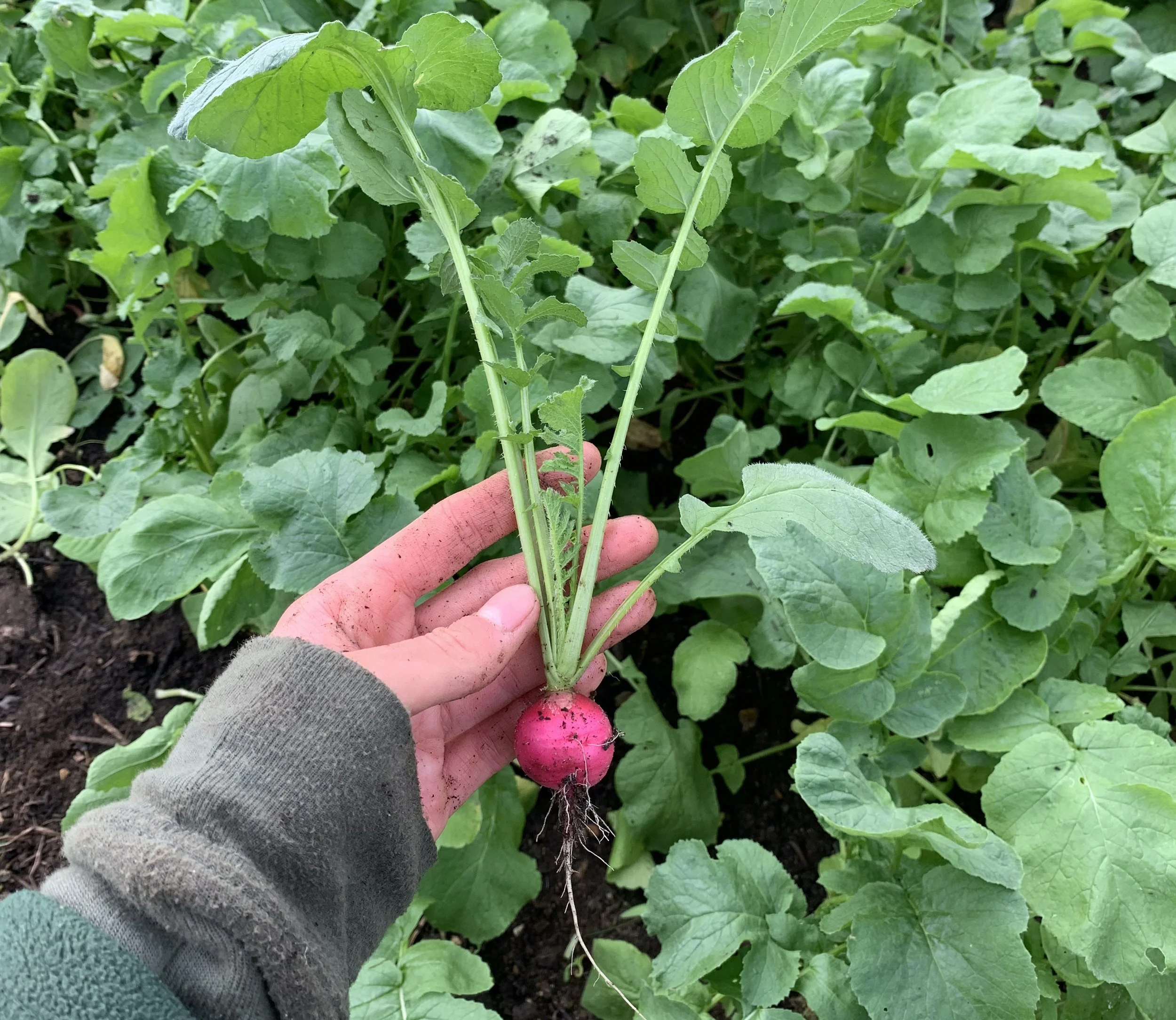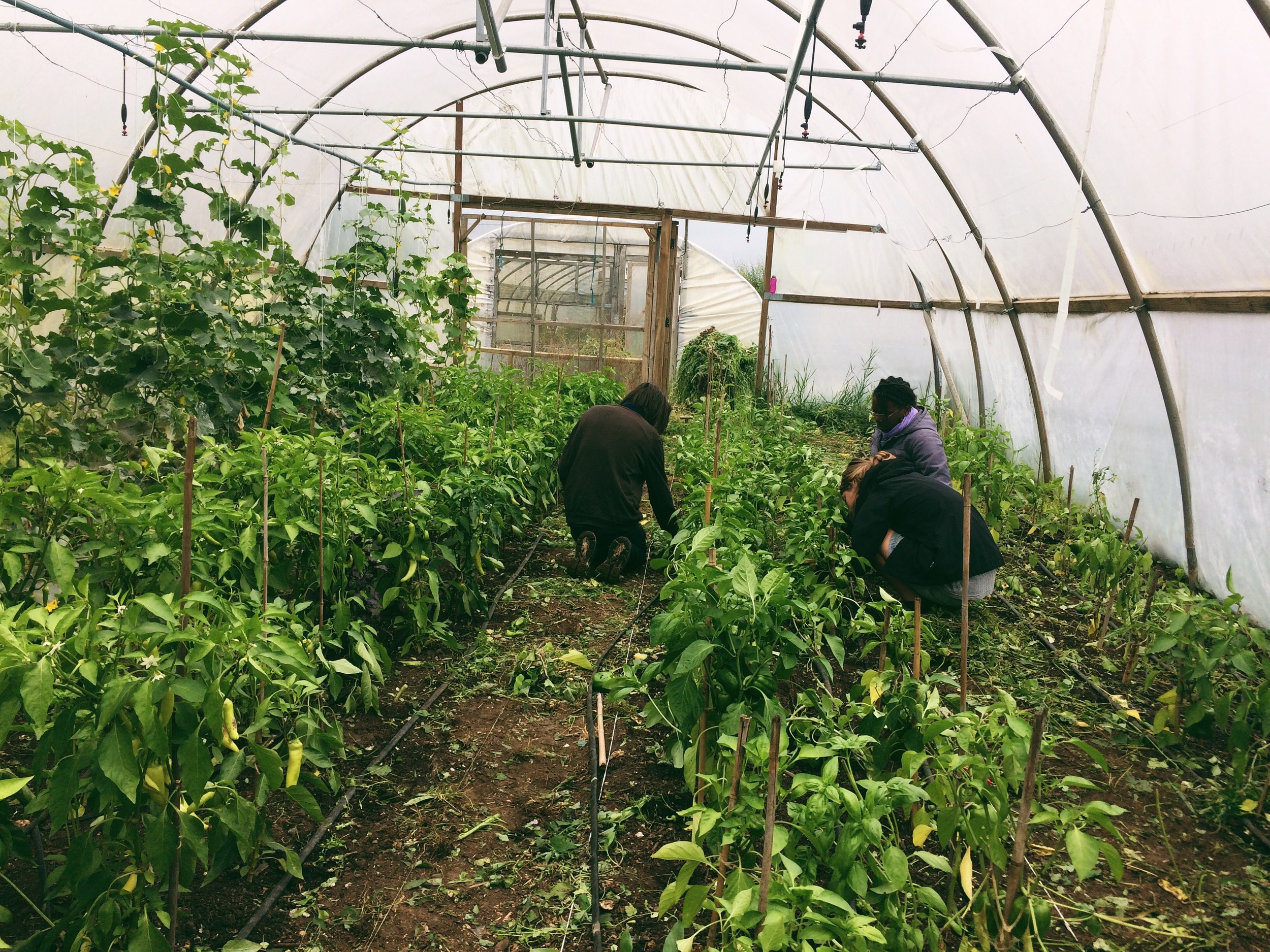Growing up, I never had a great fascination in my own country’s food system. As a British 20-something, I have spent most of my life believing that farming was only reserved for the older generations. Despite working at local farmers’ markets, volunteering on local farms and growing my own vegetables, there was always something about the British farming industry that didn’t interest me much.
Throughout my master’s degree, I wrote countless papers on Genetically Modified food in Africa, the state of the seed market in the U.S. and the treatment of farmers in India. Since my passion for farming has grown I have often thought about moving abroad to meet like-minded young people who are intent on making change happen in the food system. While I believe it is really important to understand and explore cultures that differ from your own, I have invested a lot of time studying foreign food systems while often naively ignoring what’s going on in Britain.
A few years ago, back in 2013, I boarded a plane alone at the age of 19 headed for Southern Africa. As a young writer with a passion for environmentalism, I thought I was going to change the world. At this point in my life food and farming were of very little importance to me; I was unaware of how my food choices affected the world beyond my own plate. I was in Africa working with a South African NGO on the issue of deforestation in Zambia. Beyond all of the things I learnt in Africa, one of the most important was that food matters, and not only what we eat but the many processes that go into bringing that food to us.
Fast-forward 3 years to 2016 and I am in London sat at my kitchen table with one of my best friends, a South African that I met while I was in Zambia. We inevitably got talking about the issues South Africa had been facing socially, economically and politically. Between 2006 and 2016 data showed that 102,793 young people emigrated from South Africa to countries like the U.K. and Australia, the majority of them being between 25 and 29[1]. Yet, when I asked her if she wanted to move away she told me that she didn’t plan to, because if everyone leaves then who will bring the country forward into a promising future?
As Brexit looms in the U.K. the future of British farming has seemed a rather gloomy subject. Uncertainty is all I am met with whenever I ask farmers how they see the future playing out; from the falling rates of seasonal workers coming to work on British farms to the lack of clarity when it comes to future subsidies and support. Yet, I have recently realised that if young people lack any desire to support British food and farming in future then we have little hope. My friend’s desire to remain in South Africa, despite its issues, has always inspired me; we all want to change the world but maybe the biggest step to achieving that is starting at home.
While I am aware that the majority of people reading this may not share my passion for growing food, I believe that our collective interest in our local food system matters. From increasing our support of local farmers, even in small ways, to demanding more transparency from our politicians, local supermarkets and the industry as a whole, we can create a future for British food beyond Brexit that is positive and sustainable.
Farming is a fast-moving, innovative business. From finding solutions to growing food more sustainably to figuring out how we are going to feed our growing world population, farmers are at the forefront of political, social and economic innovation. As a young British person with the desire to enter into this turbulent business, I find myself excited about the possibilities that lie ahead for the future of food. Brexit is one among many fears looming in the British conscience, but with great change comes the possibility to create new, innovative ways to inspire people about the food that they grow and eat. Whether you’re a producer or consumer, I believe that’s a conversation we should all be a part of.








